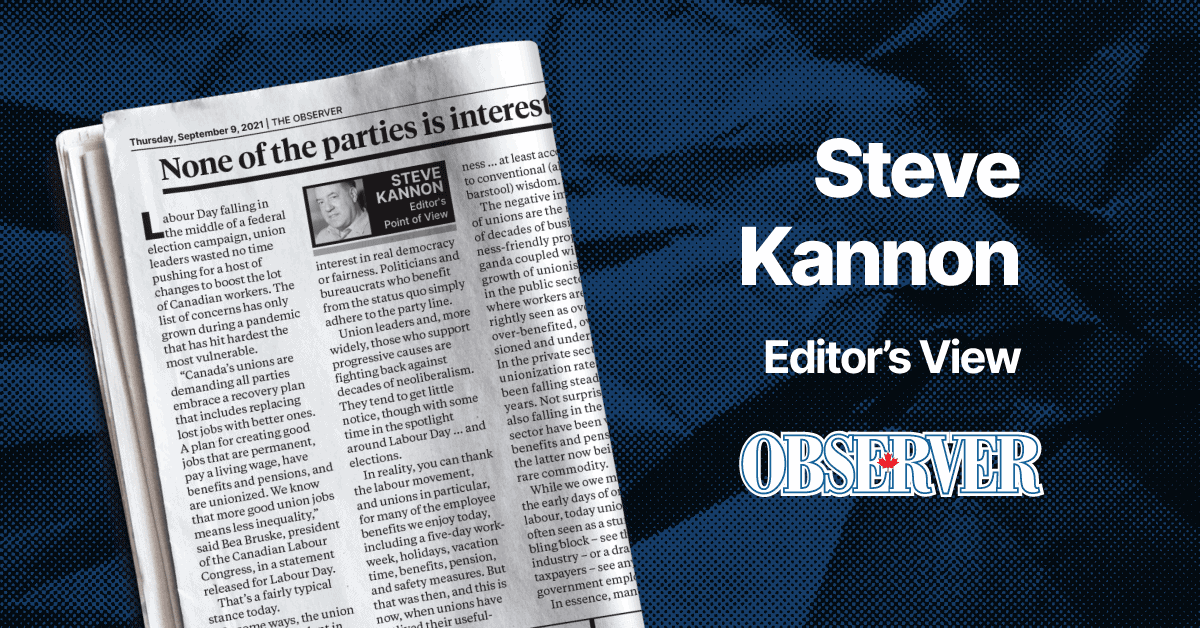;
;
;
Next Article
After COP 2, the glass is half full

One would think very few bureaucrats and politicians start out looking to work the system. Some are looking for an easy ride, others the road to power. Most might want to make a difference. In the end, they’re simply sucked into the black hole that is the political system, from ineffective school b
Last updated on May 03, 23
Posted on Nov 24, 22
4 min read
